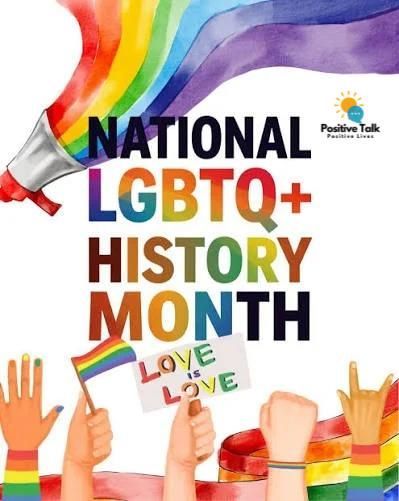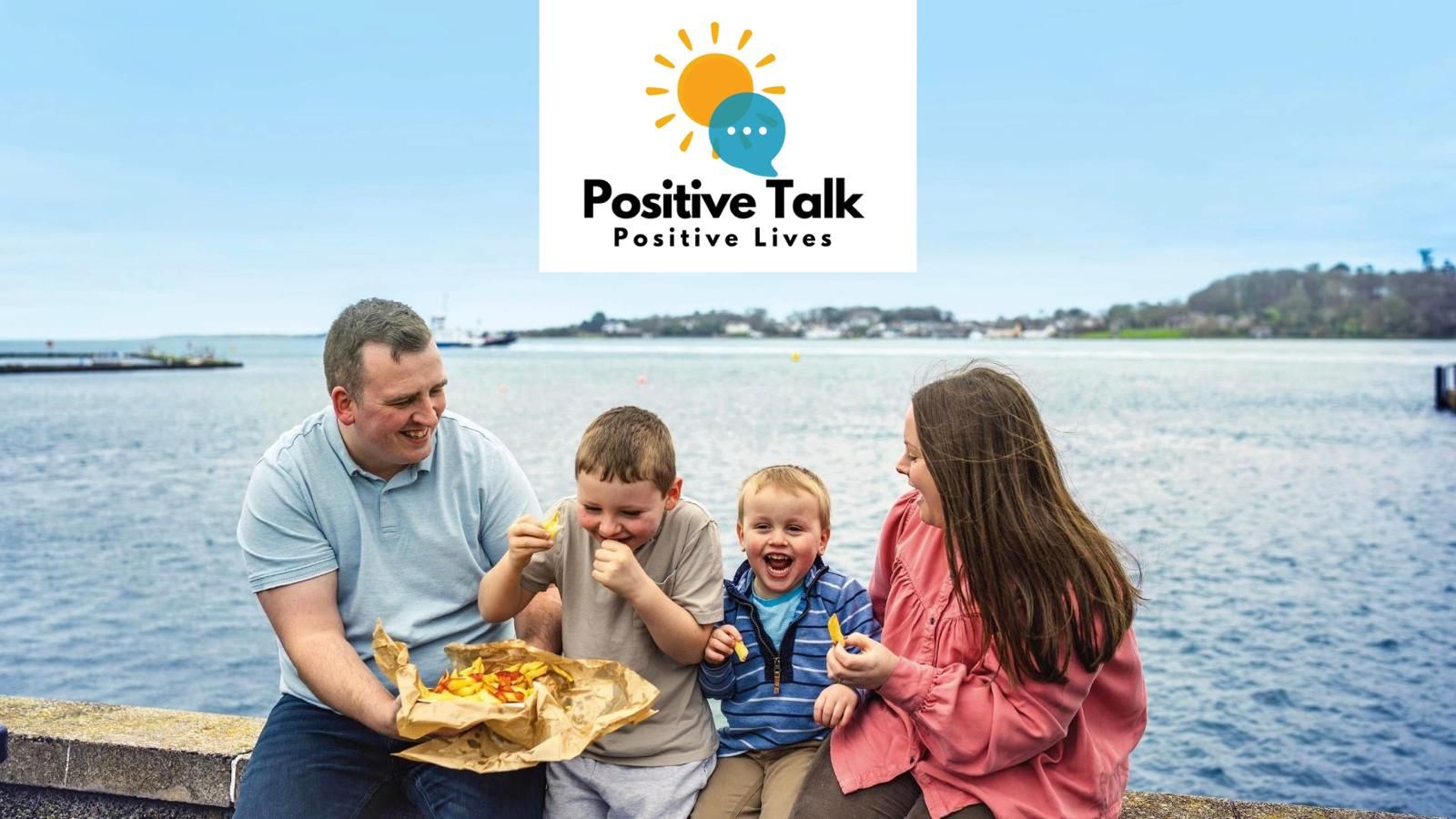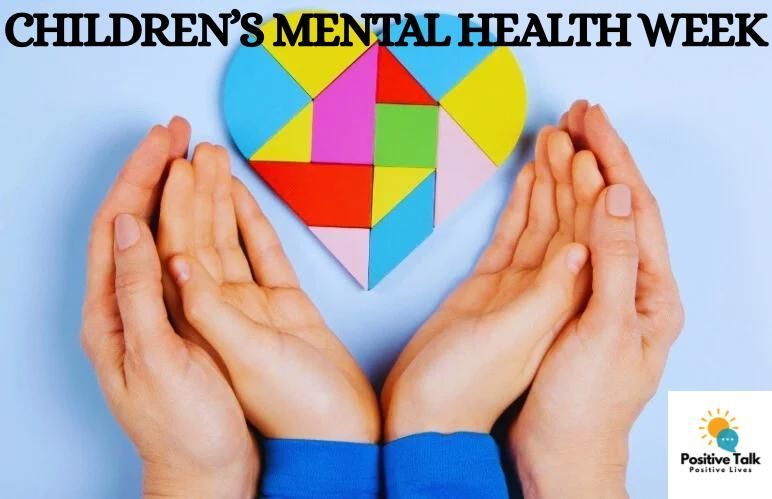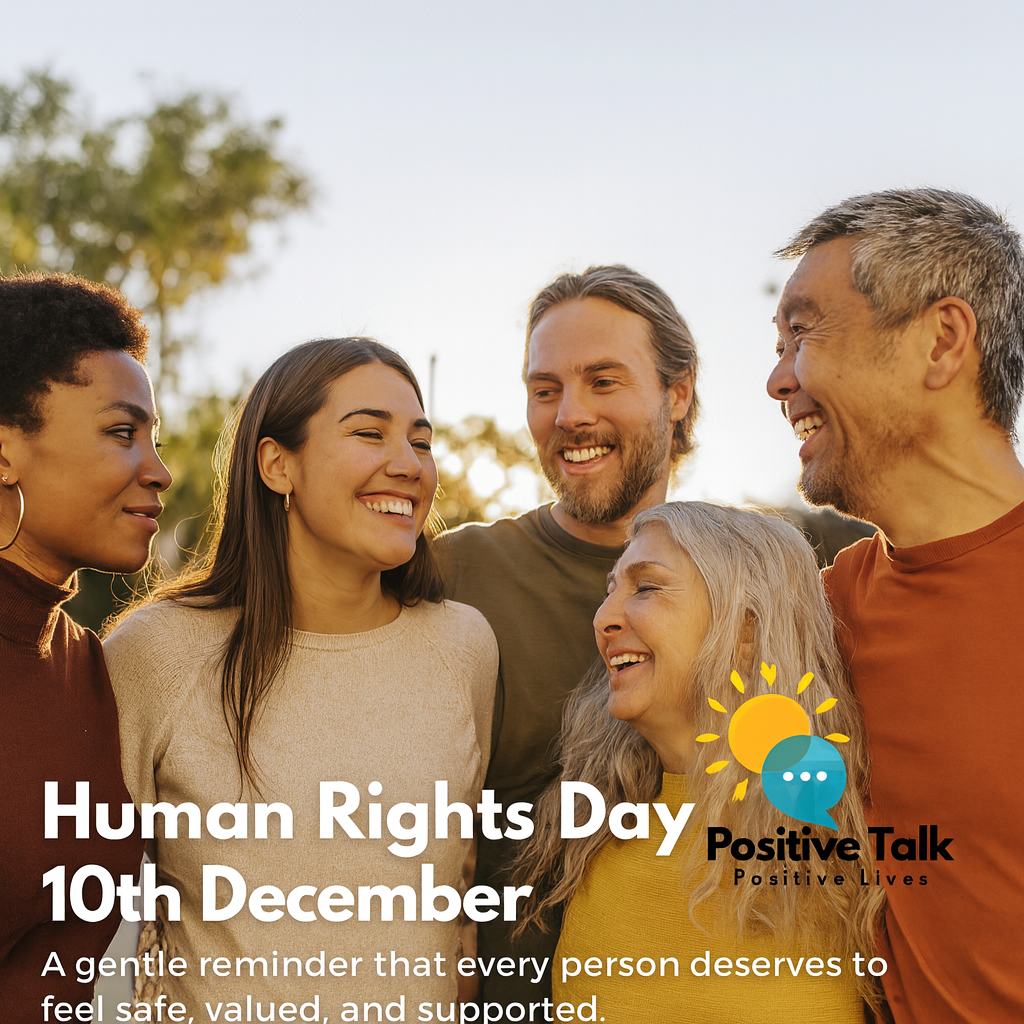Mental Health Awareness Day 10th October 2025
Understanding Mental Health: Why It Matters
What is mental health?
Mental health is a vital part of overall wellbeing. It includes our emotional, psychological, and social health, and it affects how we think, feel, and act. Good mental health helps us cope with everyday stresses, build relationships, and make healthy choices.
Like physical health, mental health changes throughout life and requires ongoing care and attention. Everyone experiences periods of stress, uncertainty, or low mood, maintaining good mental health means recognising these changes and seeking support when needed.
This year’s World Mental Health Day theme, “Mental health is a universal human right,” highlights that access to mental health care and support should not depend on where someone lives, their background, or their income. Everyone deserves to feel safe, supported, and understood.
Why this conversation matters
In the UK, around one in four people experience a mental health problem each year, and one in six report experiencing symptoms such as anxiety or depression in any given week. Yet many still wait months, sometimes years, for support.
Although awareness has grown, stigma and silence persist. Many of us still believe we should “just cope,” even when we’re overwhelmed and because mental health is invisible, it’s often the first thing that may be overlooked.
Mental health affects everyone. It’s the quiet foundation beneath our daily lives, the thoughts that shape our mornings, the sense of connection that makes us feel human. Ignoring it doesn’t make it go away, it simply makes life heavier to carry.
Mental health is not about being happy all the time
Good mental health isn’t the same as constant positivity. It’s the ability to feel, fully and safely, even when emotions are uncomfortable. It’s being able to recover from setbacks and hold onto hope during difficult times.
We may have moments when life feels too much, when the pressure to hold everything together becomes exhausting. These moments don’t mean we’re failing, they mean we’re human.
Research shows that almost 60% of UK adults say their mental health has worsened over the past five years, with stress, loneliness, and financial pressure among the leading causes. These figures remind us that behind every number is a person doing their best to get through the day, often silently.
What helps
Looking after mental health doesn’t always require big, dramatic changes. Often, it begins with the smallest acts of care, the ones that gently reconnect us with ourselves:
· Taking a few deep breaths before reacting.
· Talking honestly with someone you trust.
· Spending time outdoors or moving your body.
· Saying no when you need to rest.
· Speaking kindly to yourself, even when it feels unnatural.
These small actions might not fix everything, but they create breathing space, a reminder that we have agency, and that we’re not defined by struggle alone.
Everyone deserves support
At Positive Talk, we believe mental health care is a right, not a privilege. Everyone should have access to spaces where they can be heard without judgment and supported with compassion. Therapy is one way to create that space, a place to slow down, make sense of what’s happening inside, and begin to heal.
Support doesn’t always start in a therapy room. Sometimes it starts with a friend asking, “How are you really?” or someone admitting, “I’m not okay.” Every conversation helps to dismantle stigma and build a culture where care is normal, not exceptional.
Reach out for support
This World Mental Health Day, we invite you to take a moment to check in with yourself. How are you, truly? What might you need today: rest, connection, or perhaps a little compassion for yourself?
And if things feel heavy right now, please don’t face it alone. Reach out a friend, a GP, or a therapist at Positive Talk. Support is available, and you deserve it.
Created by Priyanka, Integrative Therapist (MSc, MNCPS Accred.)on behalf of Positive Talk

